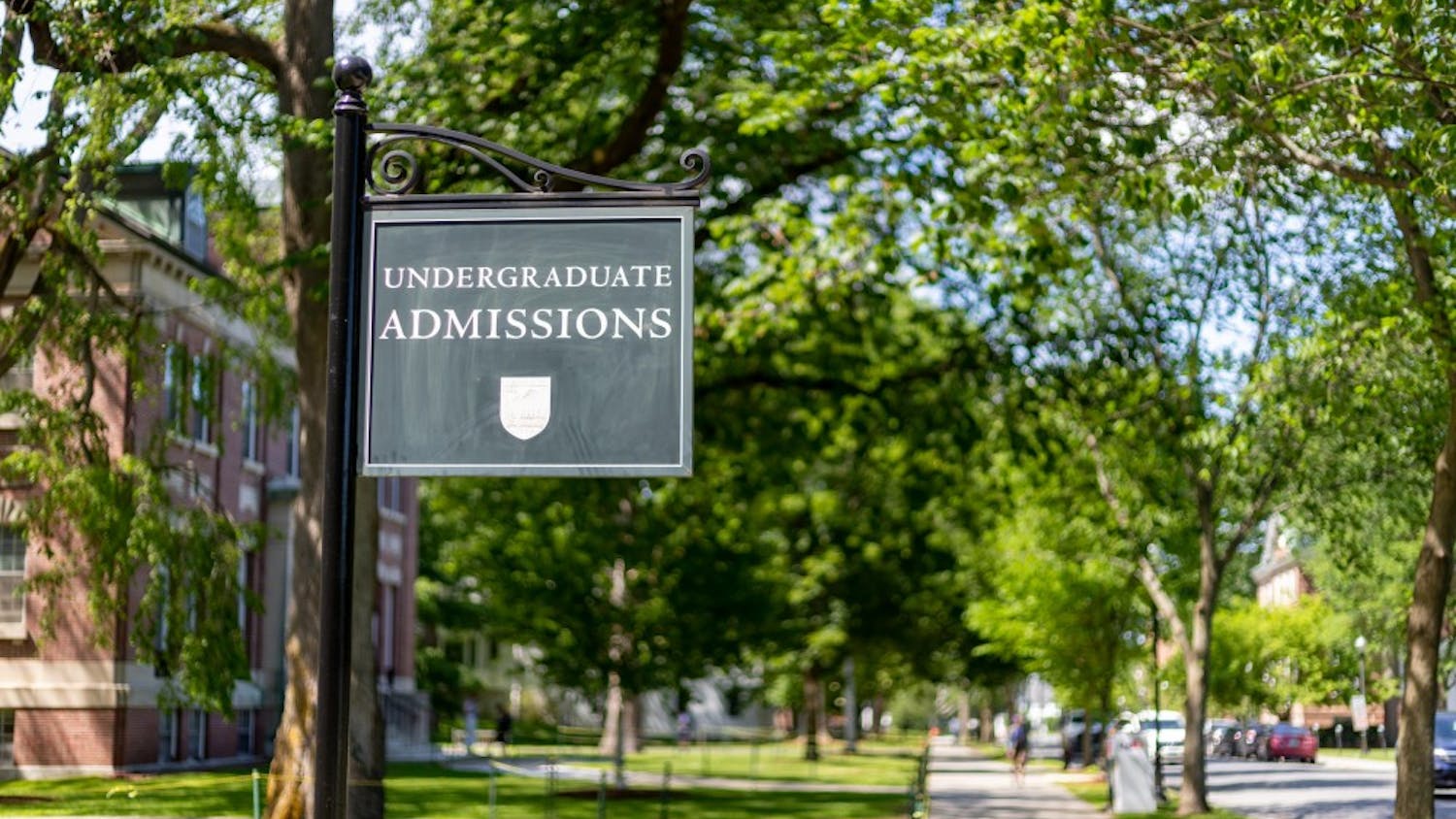Last week, Dartmouth announced that it would suspend the standardized testing requirement for applicants to the Class of 2025, joining Columbia University, Cornell University and the University of Pennsylvania in eliminating the requirement for the upcoming college application cycle.
In a June 3 blog post, dean of admissions and financial aid Lee Coffin cited the College Board’s request that its member institutions “offer flexibility in admissions this year to reduce anxiety for students.” The College Board, which administers the SAT, as well as Advanced Placement exams and SAT Subject Tests, announced last week that it would not offer an at-home version of the SAT due to concerns over internet access. The College Board said that students in areas that have been hit harder by the COVID-19 pandemic might not be able to take the test in person, which Coffin noted would be “an untenable situation.”
The College Board will hold a special administration of the SAT on September 26 in addition to regular fall test dates, but canceled tests in March, May and June. The April 4 ACT was canceled and rescheduled for June 13, but hundreds of test centers nationwide have already canceled their administration of the test due to safety concerns.
Dartmouth previously made SAT Subject Tests “optional” rather than “recommended” for the Class of 2025.
“Two weeks ago, we were not planning to become test-optional,” Coffin said in an interview with The Dartmouth. “I think what you're seeing is just a realization that the College Board and the ACT are going to have a hard time delivering the test to the population that wants to take the test. And that's really where I started; I thought, if we require something that people can't take, that to me is a nonstarter.”
Coffin made it clear that the change in policy is a “pause,” rather than a permanent switch, and that “the expectation” is that the Class of 2026 will still be required to submit test scores as part of their applications.
Judith Murciano, a rising senior at Pine Crest School in Fort Lauderdale, Florida, said that the decision to suspend standardized test requirements was “necessary” and “the right choice,” but noted that she is glad the College plans to restore the requirement for future applicants.
“Standardized testing is nationwide, so I think it's one of the only fair ways to compare kids from very different areas and very different schools where you wouldn't be able to compare them [in] other ways,” she said.
Murciano said that while Dartmouth’s ability to fairly assess applicants “definitely worries [her] a little bit,” she hopes that scores from AP exams, which were offered online this year, and an optional question on the Common Application that allows students to describe how the pandemic has affected them will help the admissions staff make effective comparisons between applicants.
For students who do choose to submit standardized test scores, the College recommends that students attend just one test session to reduce the chance of exposure to COVID-19.
Coffin’s blog post also encouraged students to focus on parts of their applications that “showcase academic excellence in a more qualitative way.” He said that Dartmouth may add a question to its application that allows students to discuss classes that they may not have received grades in during the pandemic. The College may also invite additional submissions as part of students’ applications, such as “an element that [applicants] think amplifies their story in whatever medium works,” though Coffin added that specific details regarding these additional elements have not yet been finalized.
“I often tell students that you've got data and you've got narrative as the two components of your [college applications],” he said. He added that the data in this year’s cycle is “fuzzier” than it has been in previous years, but said that the admissions department is still looking to transcripts as an indication of students’ “academic preparation for Dartmouth.”
Hannah Epstein, a rising senior at Noble and Greenough School in Dedham, Massachusetts, said that while the essay portion of college applications is already important under normal circumstances, the elimination of standardized testing requirements “puts a little bit more pressure on the essays.” She said that “trying to get academic excellence through [in] the essays” instead of “just getting to know [her] as an applicant” might be difficult.
Coffin said that by writing blog posts about admissions requirements and recording a podcast about the college process, he hopes to be “reassuring” and “help reduce anxiety among students.” In his most recent blog post, he wrote that “optional” is “not a trick word,” as “this is not a moment for euphemisms or gimmicks” and he wants the new policy to be as clear as possible for potential applicants.
Spencer Tyson, a rising senior at Sidwell Friends School in Washington, D.C., said that he appreciates the College’s clarification on the policy. He said that the word “optional” in the college process can be “unclear,” as colleges may look less favorably upon applicants who do not complete optional parts of applications.
“The college[s] being as clear and concrete as possible is the most helpful thing for us as students,” he said. “The more clear and concrete speech that [the admissions department] give[s] makes it all the more easier and less stressful for us.”

Lauren ('23) is news executive editor for The Dartmouth. She is from Bethesda, Maryland, and plans to major in government and minor in public policy.




